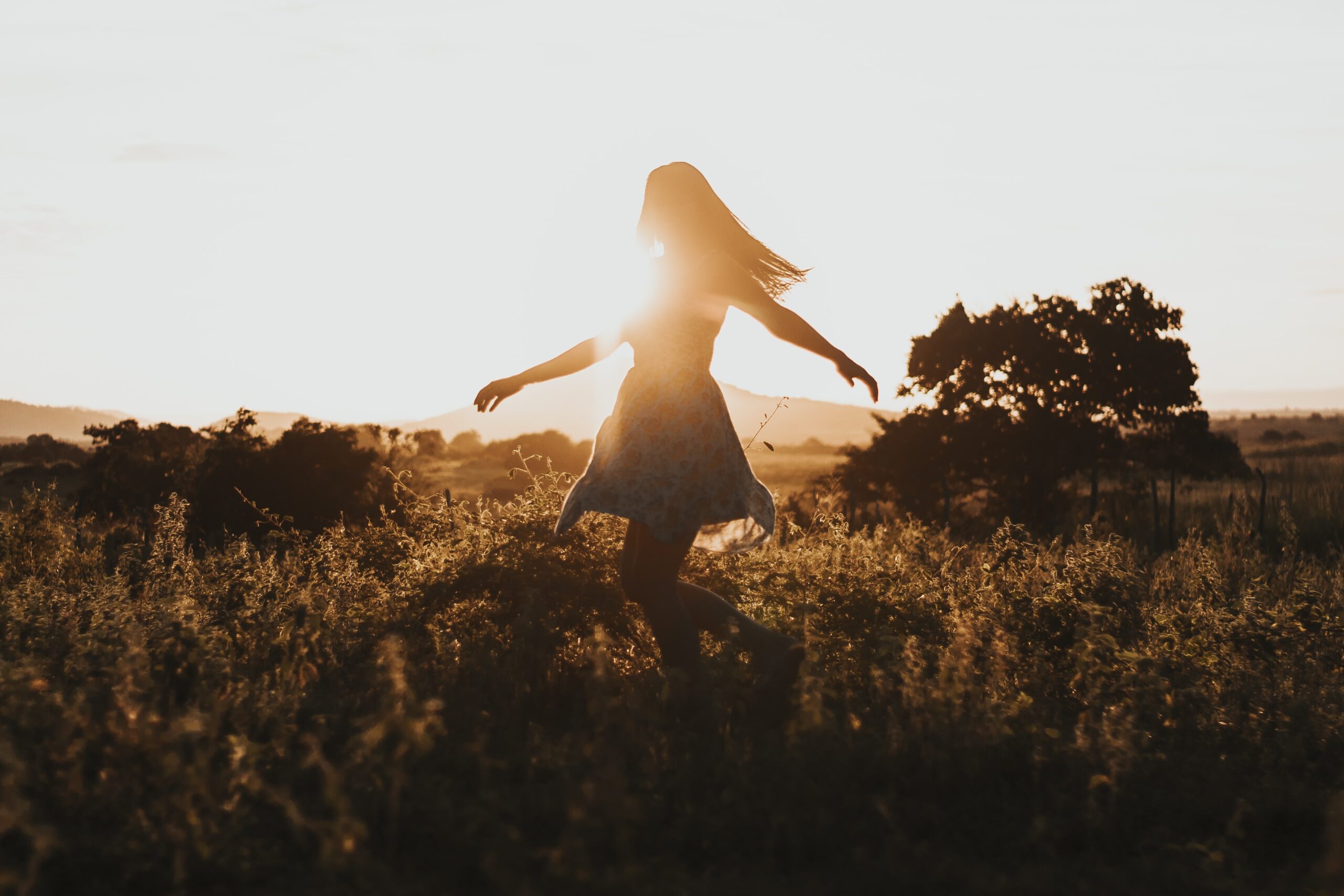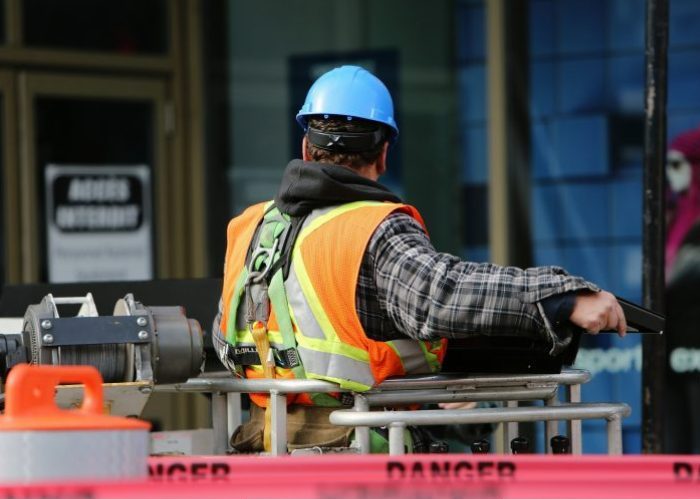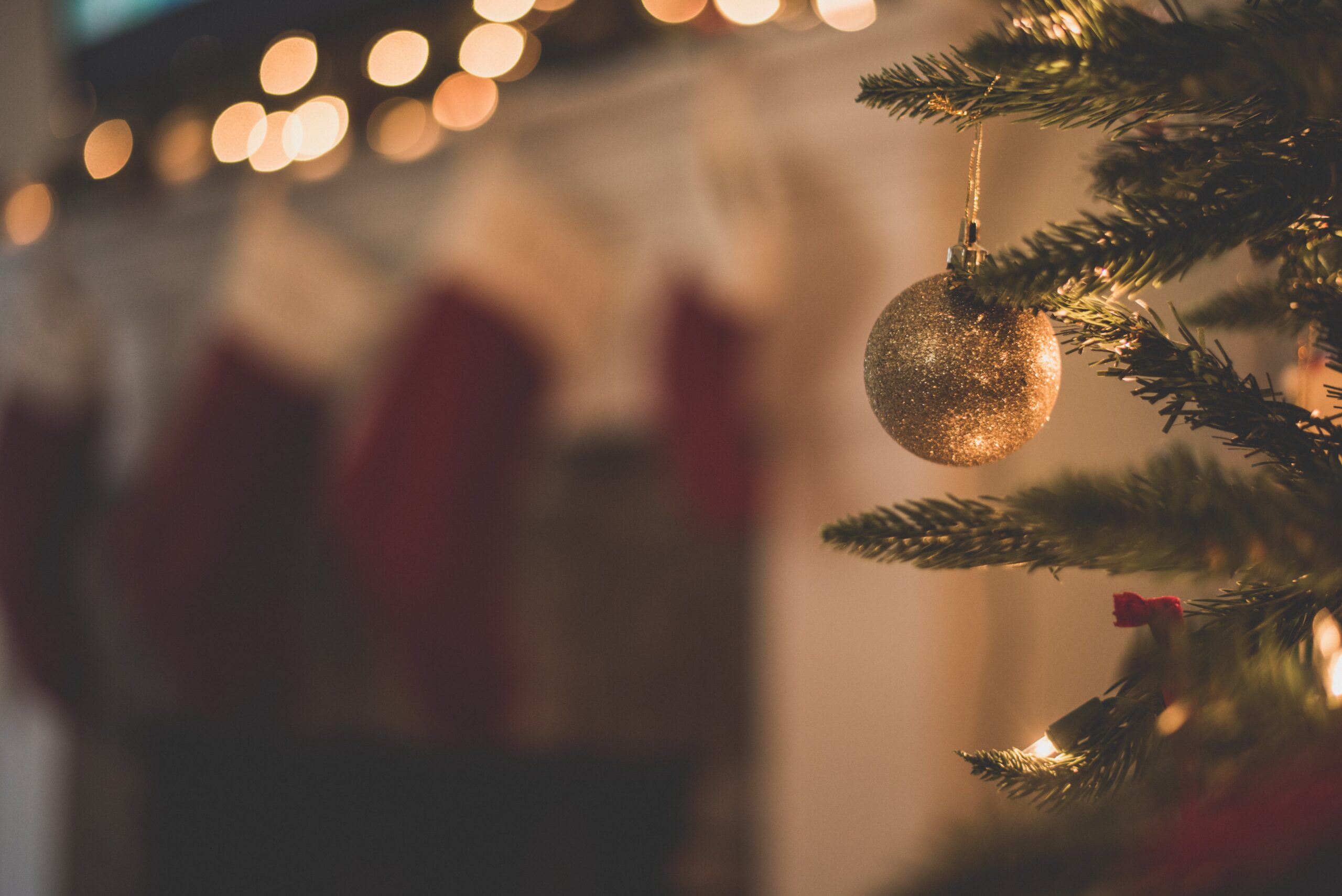
As the New Year approaches and we reflect on the extraordinary events of the past 12 months, leading clinicians from London-based mental health and wellbeing clinic The Soke have outlined the unexpected – and largely positive – outcomes of 2020.
Despite the many hardships caused by COVID-19, from unemployment and economic uncertainty, through to the impact on the nation’s mental and physical health, there are many reasons to be optimistic for the year ahead.
The fundamental changes to daily life have in many ways positively impacted relationships with family and friends, our lifestyle choices and our attitudes to those around us and the things that matter.
Relationships
Two national lockdowns and strict social distancing rules across the UK have meant that many people have had limited personal contact with their loved ones. However, technology has enabled families, friends and colleagues to stay connected and in many instances has increased connectivity with the simplicity of messaging apps and the introduction of regular video calls.
For many families, working from home has completely changed the dynamic, with parents splitting responsibilities more evenly and taking the time to do the school run and helping with bedtime routines.
While some relationships have suffered from increased time spent at home, there are many couples who have become closer as a result of spending more time together and feeling less rushed in their interactions.
Dr Shadi Shahnavaz, Head of Family Therapy at The Soke, comments:
“My observation has been that younger children have really benefited from spending the extra time with both parents at home and adolescents seem to have enjoyed it too. Many adolescents have found new friendships through various Zoom, FaceTime, and other online activities and some, who were quite isolated before the lockdowns, feel more included in friendships now. The younger generation seem to value outdoor activities and being social even more now that they have been restricted from these for a while and I am in admiration of how adaptive most young people are in finding new and fun ways of being together and sharing experiences.
“Although this time has been challenging, many relationships have become richer and more meaningful where adults have felt that they can open up to friends and colleagues about their ups and downs and have been met with empathy as the other can really understand their lived experience as they are living it too, in some way. Many couples have realised that spending a great deal of time together has been pleasant and has brought them closer in their relationship where they have had to count on each other for support and also entertainment. It has been a nice surprise for many to see that they enjoy each other’s company in a simple manner without having to go out to dinner with friends or do various activities.”
Lifestyle
Home working has greatly impacted the work/life balance of the nation, enabling more people to appreciate the great outdoors, using the time in which they would usually be commuting for daily exercise and getting back to nature. You only have to look at the booming housing market in the countryside to understand the changing lifestyle priorities across the UK. Moreover, sales of bicycles rocketed during the summer illustrating the growing popularity of the sport, both for leisure but also as a means of transport to and from work.
Holli Rubin, Head of Personal Wellbeing at The Soke, comments:
“This year has thrown everything off kilter with COVID-19 thrusting us all into overarching uncertainty. In order to rebalance, people have searched, consciously or unconsciously, for ways to restabilise. Creating routines and establishing patterns has been a healthy way to feel a sense of control.
“For exercise we replaced gym sessions with walks or runs in the park. Spending more time at home might have sparked a renewed interest – or first foray – into cooking, while having more time to prepare and plan meals has meant we have considered what we eat and how. After days filled with Zoom calls or home schooling, how we have spent our leisure time has shifted as well. For families or flat mates, board games and old-fashioned jigsaws have been pulled out of cupboards as a welcome break and a time to reconnect.
“We’ve seen both the benefits and setbacks of what the world of technology can offer us. Connecting with friends and family online has allowed us to reach those we might not have been in contact with. Meanwhile, many people have gone back to speaking on the phone enabling them to hear voices again which might normally have been replaced by abbreviated words in a text message. The result of this phone call enabled a deeper and richer connection.
“The different areas in our lives have deepened and have made us recognise the greater meaning which we might not have noticed had our lives been continuing at the rapid pace that they normally do. It is my hope that we will carry this stronger foundation into the new year and into all that awaits us in 2021.”
Attitudes
One of the major outcomes of 2020 has been the changing attitudes towards mental health, with far less stigma and, crucially, more conversation. Celebrities and business leaders have put their heads above the parapet to talk honestly and openly about their own mental health struggles, in the hope that more people will feel comfortable opening up themselves.
The events of the last year have also led to an increased sense of social responsibility, individuals are consciously thinking about how their actions may impact others and, in some cases, making commercial choices to protect small businesses and individuals in their local communities. Businesses and brands have also been expected to step up and do good, as we can see fairly consistently through their Christmas campaigns this year. When it comes to looking after ourselves and each other, we seem to have made more attitudinal advances in the past nine months than in the past nine years.
Maryam Meddin, founder & CEO at The Soke, comments:
“Whether through luck or misfortune, 2020 has put a lot of people in a position where they’ve been forced to confront some stark choices: whether in respect of their careers or how they live their lives in general. What’s particularly notable is that after a year of widespread misery, we’re living in a society that’s collectively rooting for its individual members to rise from the ashes. My experience, both personally and professionally, is that there is a lot of support out there – whether you’re looking for it in an “expert” context or through friends or even strangers.
“I believe that, in British culture in particular, we’re surrounded by potential that’s inhibited by self-doubt. Therapy can be freeing in that sense and I’m delighted that more and more people are turning to it. If nothing else comes of this past year, let its legacy be the thousands of people who had no choice but to take a leap of faith towards that thing that they thought they couldn’t do. I really hope that from 2021 and beyond, we’ll start to see the positive impact of some important and meaningful decisions.”



